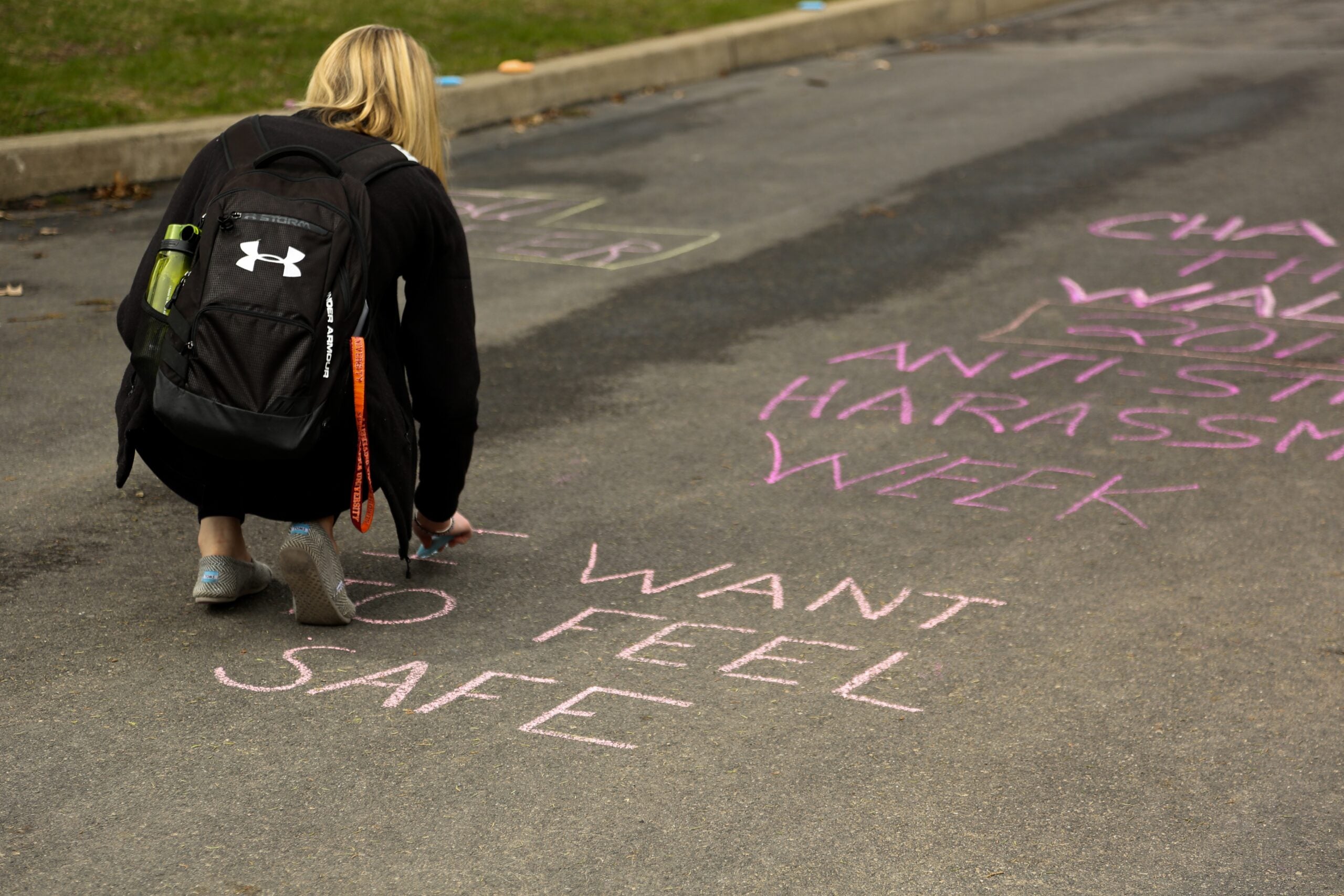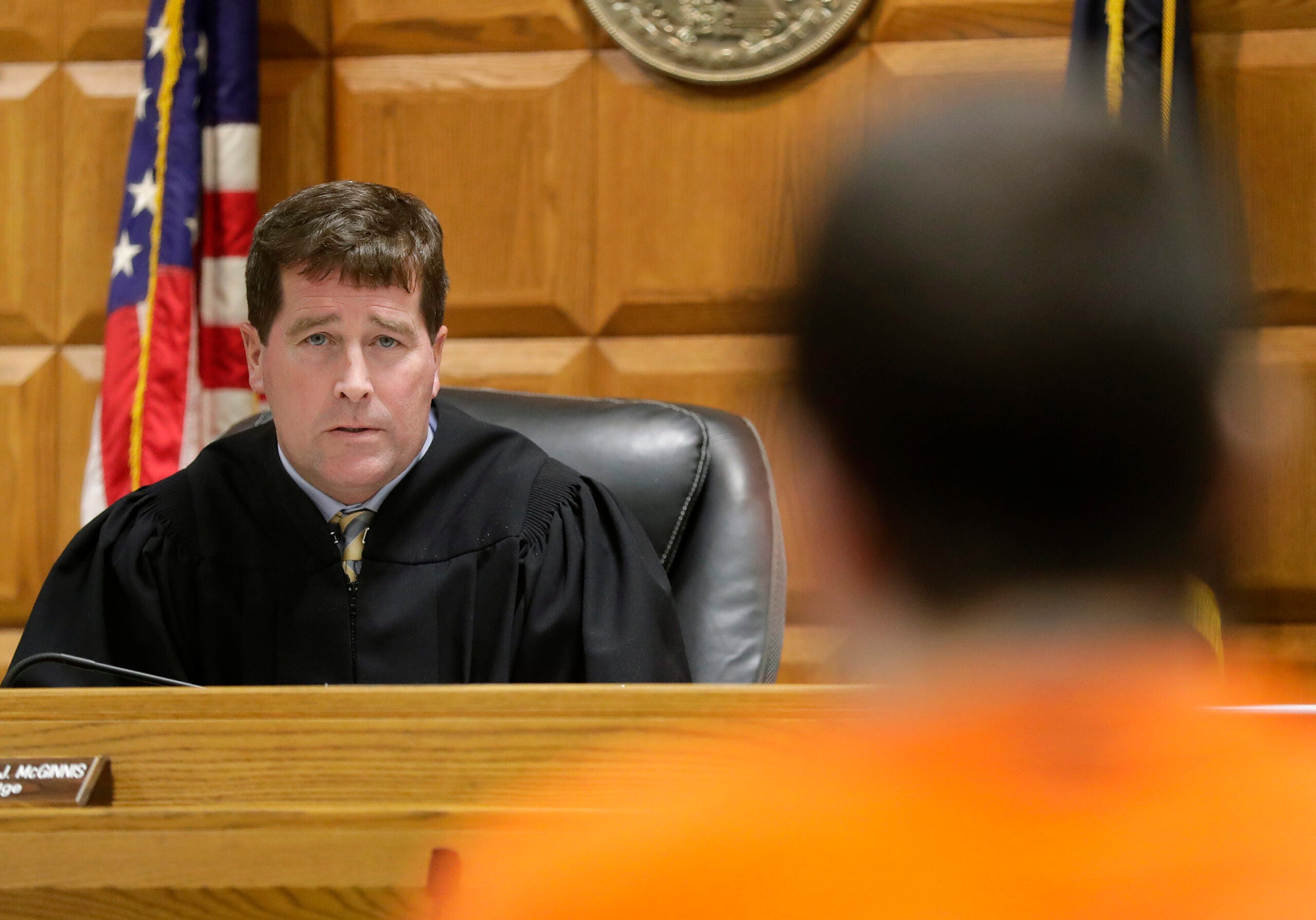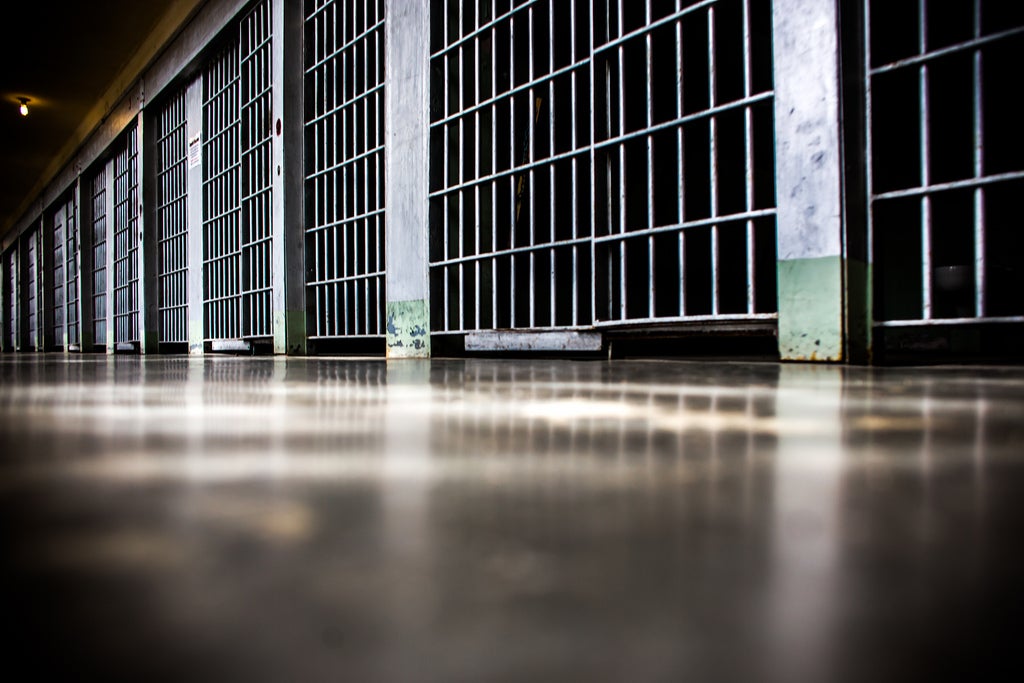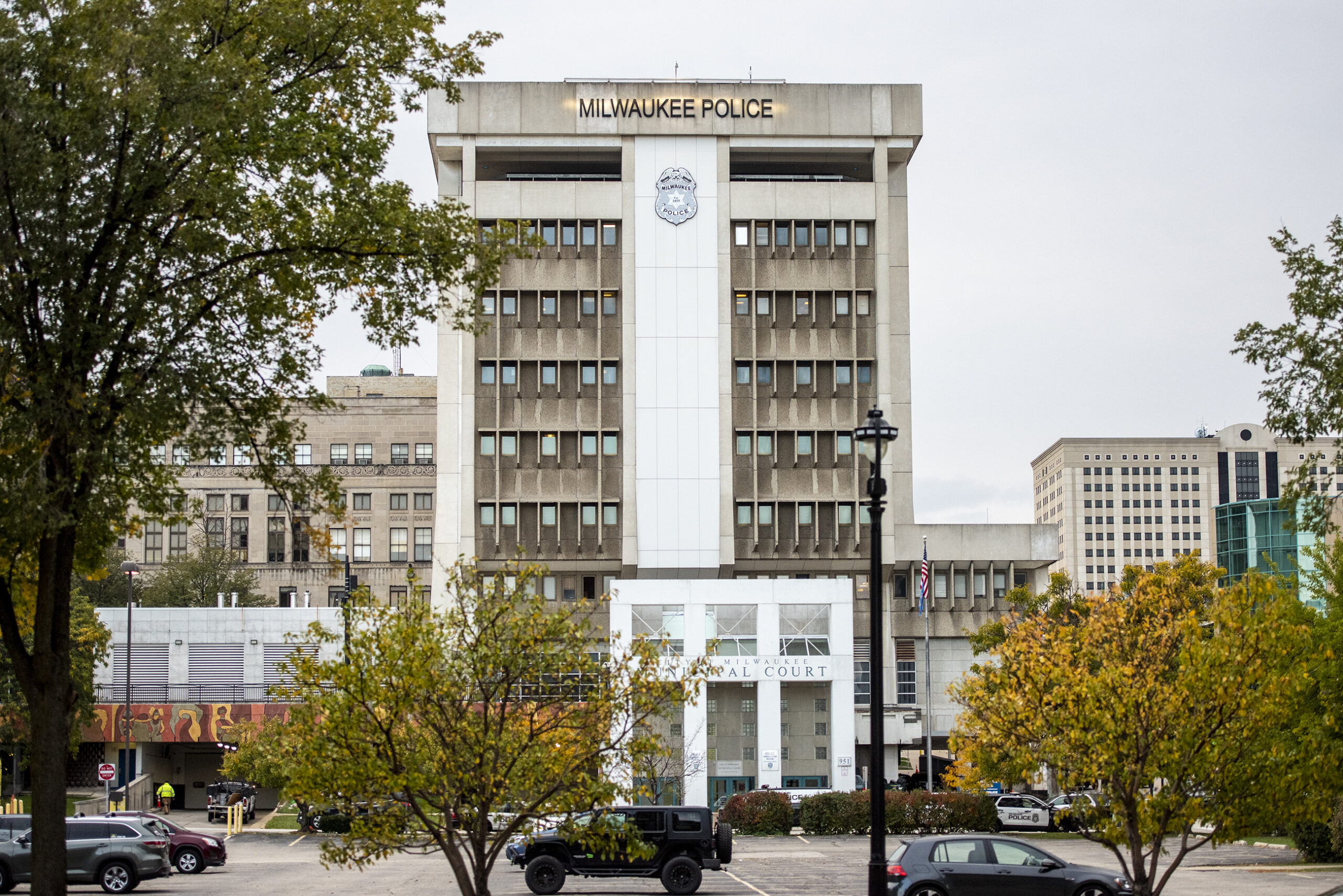Two criminal justice experts in Wisconsin concur with a national report’s recommendations for reducing disparities in the way black and white Americans perceive crime and punishment, which include mandating racial impact statements in state legislatures.
Public polling data from 2013 found that two-thirds of African Americans see the criminal justice system as biased against them, compared to one-quarter of white Americans. The report from the Washington, D.C.-based Sentencing Project recommends changing that with laws already adopted in Iowa, Connecticut and Minnesota that require legislators to write racial impact statements before passing new criminal penalties.
Former Madison Police Chief Noble Wray was chairman of Gov. Jim Doyle’s 2008 Commission on Reducing Racial Disparities in Wisconsin’s Criminal Justice System. He said that such a law was considered by the commission.
Stay informed on the latest news
Sign up for WPR’s email newsletter.
“That puts policymakers in the right mind set. It’s proactive. It’s so hard to undo policies procedures and practices after the fact, but when you raise the questions before the fact, and people have to understand that, that is a lot better,” said Wray.
Another member of the 2008 commission, Jennifer Bias, is now with the state Public Defender’s office. She said that Wisconsin leads the nation in racial disparity in its prison population, and that it’s time to do something about the connection between race and crime, and not just talk about it. She said Milwaukee District Attorney has already taken a great first step by making decisions about what dug laws to enforce.
“The drug charges were disproportionately prosecuted against racial and ethnic minorities in his community,” she said.
Bias said some other counties are hoping to shrink racial disparities by reducing the number of crimes that juveniles can be locked up for.
Wisconsin Public Radio, © Copyright 2024, Board of Regents of the University of Wisconsin System and Wisconsin Educational Communications Board.





